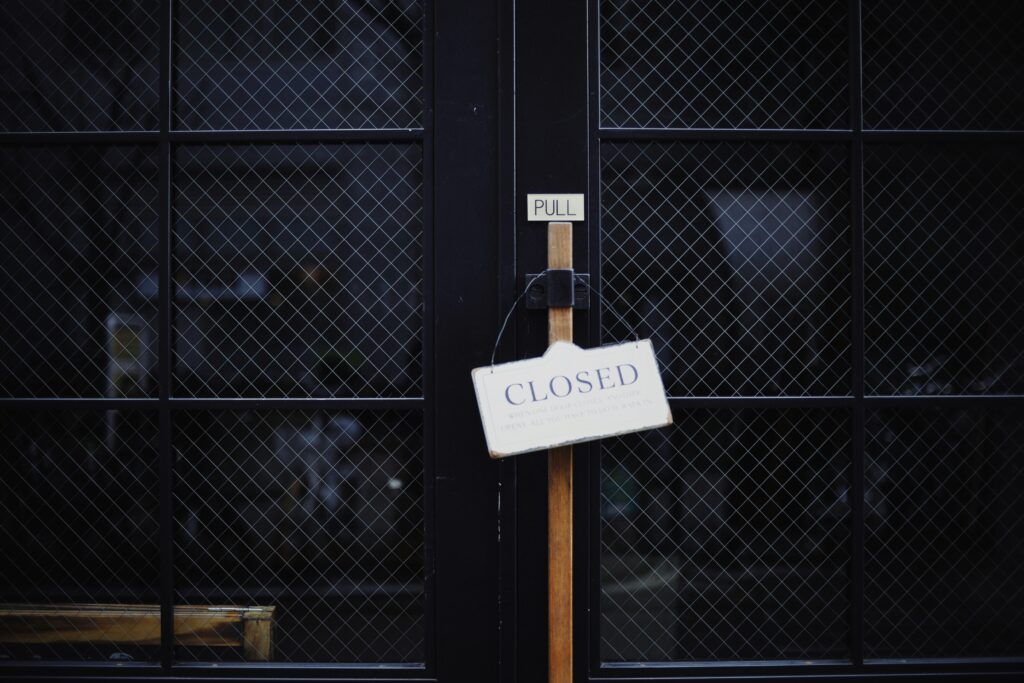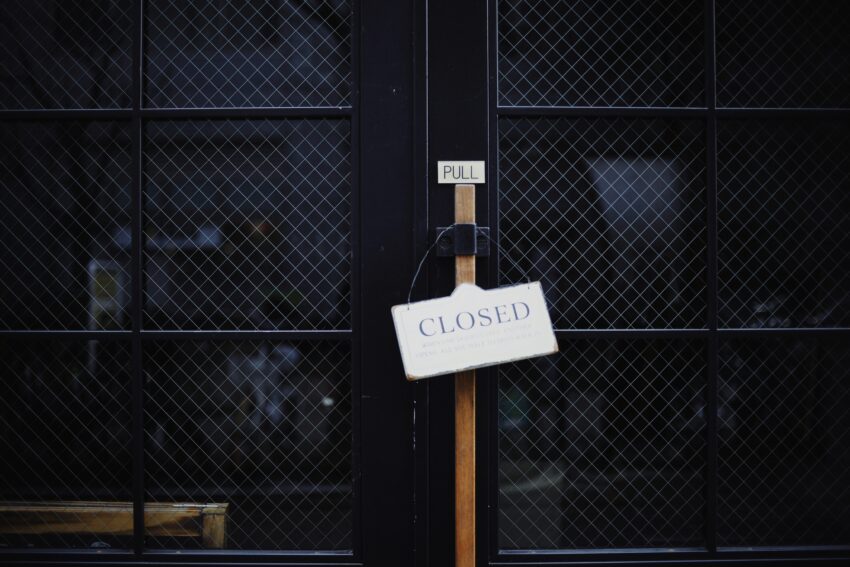
Imagine waking up one morning to find that your bank has closed its doors. ATMs are empty, your debit card is declined, and your life savings are suddenly inaccessible. Sounds like a nightmare, right?
But here’s the scary truth: banking collapses can—and do—happen. In 2023, the sudden collapse of Silicon Valley Bank sent shockwaves through the financial world, reminding us that no institution is too big to fail. With rising inflation, geopolitical tensions, and economic instability, the risk of a banking system collapse in 2024 is higher than ever.
The good news? You don’t have to be a victim. By taking steps now to prepare, you can protect your finances and ensure your family’s survival, no matter what happens. In this guide, we’ll walk you through 10 essential steps for financial preparedness in case of a banking collapse. Let’s get started!
1. Understand the Warning Signs of a Banking Collapse
The first step to surviving a banking crisis is knowing what to look for. Recent events, like the collapse of Silicon Valley Bank, show that warning signs often appear before a full-blown collapse.
Key Warning Signs:
- Bank runs: When people rush to withdraw their money, it’s a red flag.
- Rising inflation and interest rates: These can destabilize the economy.
- Government bailouts: Emergency measures often signal deeper problems.
By staying alert to these signs, you can act quickly to protect your finances before it’s too late.
2. Diversify Your Assets
One of the most important steps in financial preparedness is diversification. Don’t keep all your money in one place—spread it out to minimize risk.
How to Diversify:
- Spread savings across multiple banks or credit unions.
- Invest in tangible assets like gold, silver, or real estate.
- Consider cryptocurrencies (but be cautious—they’re volatile).
Diversification ensures that if one financial institution fails, you won’t lose everything.
3. Build an Emergency Cash Reserve
In a banking collapse, ATMs and banks may not be accessible. That’s why it’s crucial to have a stash of physical cash on hand.
How to Build Your Reserve:
- Keep small bills and coins for everyday transactions.
- Store cash in a secure, hidden location at home.
- Aim to save enough to cover at least 3–6 months of essential expenses.
Having cash on hand can be a lifesaver when digital systems fail.
4. Reduce Debt
Debt can cripple you during an economic collapse. High-interest loans, like credit cards, can quickly spiral out of control if you lose your income.
How to Reduce Debt:
- Create a debt repayment plan and stick to it.
- Prioritize high-interest loans first.
- Avoid taking on new debt unless absolutely necessary.
The less debt you have, the more resilient you’ll be in a crisis.
5. Invest in Tangible Assets
When the banking system fails, tangible assets like gold, silver, and real estate hold their value better than cash or stocks.
Why Tangible Assets Matter:
- They’re not tied to the banking system.
- They can be traded or sold if cash becomes worthless.
- They provide a sense of security in uncertain times.
Start small by buying a few ounces of gold or silver, and consider investing in land or property if you can.
6. Learn Bartering Skills
In a banking collapse, cash may lose its value. That’s where bartering comes in.
How to Prepare for Bartering:
- Stockpile items with high barter value, like alcohol, ammunition, or tools.
- Develop skills that others may need, such as carpentry, gardening, or first aid.
- Practice trading with friends or family to build confidence.
Bartering can be a lifeline when traditional money systems fail.
7. Protect Your Digital Assets
Cyberattacks often increase during financial crises, making it essential to safeguard your online accounts and cryptocurrencies.
How to Protect Your Digital Assets:
- Use strong passwords and two-factor authentication.
- Store cryptocurrencies in a secure wallet (e.g., hardware wallet).
- Back up important financial documents offline.
Don’t let hackers take what you’ve worked so hard to build.
8. Create a Financial Survival Plan
A financial survival plan is your roadmap for navigating a banking collapse. It helps you stay calm and focused when chaos strikes.
What to Include in Your Plan:
- A list of essential expenses (e.g., food, shelter, utilities).
- Emergency contacts and resources.
- A step-by-step guide for accessing and protecting your assets.
Practice your plan with your family to ensure everyone knows what to do.
9. Stay Informed
Knowledge is power, especially during a crisis. By staying informed, you can spot early warning signs and act quickly.
How to Stay Informed:
- Follow trusted financial news sources.
- Join online communities focused on economic survival.
- Sign up for government alerts and updates.
The more you know, the better prepared you’ll be.
10. Mentally Prepare for the Worst
Finally, mental preparedness is just as important as financial preparedness. Accept that a banking collapse could happen, and plan accordingly.
How to Build Mental Resilience:
- Educate yourself about past financial collapses (e.g., 2008 crisis, Great Depression).
- Practice stress-management techniques like meditation or exercise.
- Build a support network of like-minded individuals.
A strong mindset will help you stay calm and focused when it matters most.
Conclusion: The Time to Prepare is Now
A banking collapse may sound like something out of a dystopian novel, but the signs are clear: the risk is real, and the time to prepare is now. By following these 10 steps for financial preparedness, you can protect your finances, safeguard your family, and thrive in the face of uncertainty.
But don’t stop here. If you want to dive deeper into urban prepping and financial survival, grab your copy of [Urban Prepping 101: How to Survive Disasters in the City](insert link). It’s packed with actionable tips, checklists, and strategies to keep you and your loved ones safe.
The clock is ticking. Start preparing today—before it’s too late.
